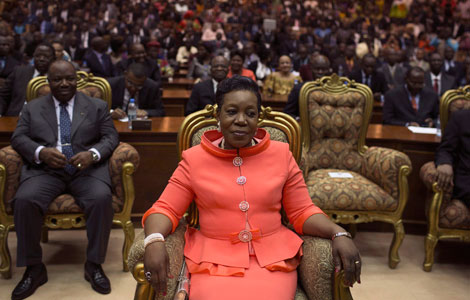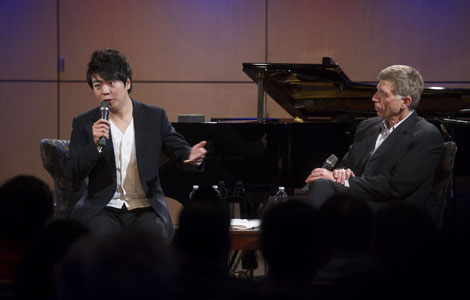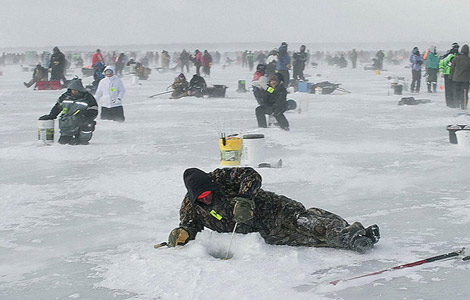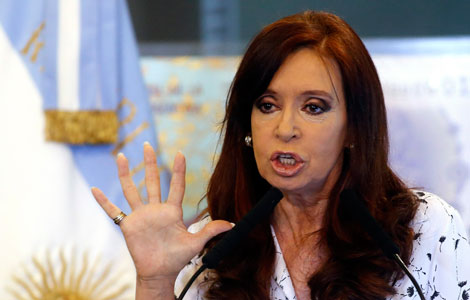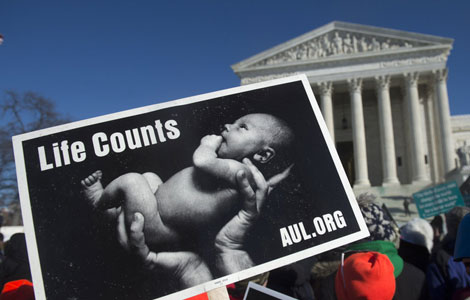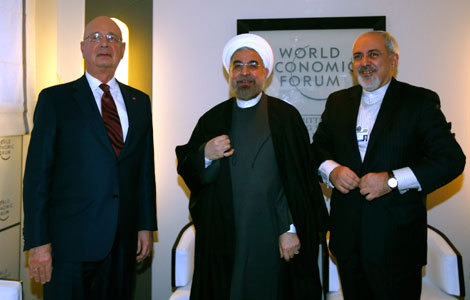

TOKYO -- Campaigning for the February 9 Tokyo gubernatorial election officially kicked off Thursday, in which four major candidates will contest their political pledges, with their nuclear energy policies being highlighted.
The four major candidates are 76-year-old former Prime Minister Morihiro Hosokawa, former Health Minister Yoichi Masuzoe, 65, and former Air Self-Defense Force chief Toshio Tamogami, 65, as well as 67-year-old Kenji Utsunomiya, former president of the Japan Federation of Bar Associations.
The gubernatorial election follows resignation of Governor Naoki Inose, who was hit by money receiving scandal last month.
Hosokawa, who severed as prime minister in 1993 and was the first prime minister that was not from the Liberal Democratic Party (LDP) in 38 years, has shown his anti-nuclear stance and opposed the Japanese government's plan to restart idled nuclear reactors.
Almost all of Japan's nuclear reactors are offline after the country suffered a severe nuclear disaster at the Fukushima Daiichi nuclear plant that was destroyed by a quake- triggered tsunami in March 2011.
"Restarting the nuclear reactors while we still have no place to dispose nuclear waste is a criminal act towards future generations," Hosokawa said in a press conference Wednesday to unveil his election pledge, adding the nuclear issue is "the biggest issue because it threatens people's lives and assets."
Again, the former prime minister said in his first stump speech Thursday that "Japan has to make a drastic shift to renewable and environmentally-friendly energies from nuclear power as quickly as possible."
Analysts here said that a Hosokawa victory would punch Prime Minister Shinzo Abe's administration as Abe intends to restart the idled reactors to help balance the country's vast fossil energy imports which significantly contributes to Japan's trade deficit.
Hosokawa has already gained supports from Japan's main opposition the Democratic Party of Japan, as well as the People's Life and Yui Party.
Popular politician Junichiro Koizumi, also a former prime minister, is also behind Hosokawa, especially supports his nuclear phase-out policy.
Koizumi, who stand alongside Hosokawa during his stump speech, said that the Tokyo governor election would affect the country's politics and they should show the world that "Japan respects the environment and can grow without nuclear reactors by making a shift in energy policy."
Masuzoe, who is considered as Hosokawa's main rival, was backed by the ruling bloc which comprises the LDP and its small ruling partner the New Komeito Party.
The former health minister originally obtained anti-nuclear attitude but now altered his stance by saying that let the Nuclear Regulation Authority and the central government to decide whether to restart the offline reactors.
Analysts said that due to the drop of his anti-nuclear stance and Hosokawa's announcement of running for the race, the LDP changed its stance from limited back to fully support Masuzoe, who was previously expelled from the LDP.
"The governor's main job is to protect citizens' lives and assets," Masuzoe was quoted as saying during his speech in front of Shinjuku Station Thursday. He said he "want to prepare measures to cope with disasters and make people in Tokyo feel safe and comfortable."
Environment Minister Nobuteru Ishihara, the eldest son of former Tokyo Governor Shintaro Ishihara, joined Masuzoe and said he is the only candidate capable of improving Tokyo's health care.
Although taking similar nuclear stances, Utsunomiya on Wednesday ruled out the possibility of holding talks with Hosokawa to unify the anti-nuclear forces in the election.
Some activists has urged Utsunomiya to quit from the race in a bid to avoid a split in the anti-nuke votes, but the former lawyer, who gained supports from small oppositions like Japan's Communist Party and Social Democratic Party, on Wednesday said that he could not forgo his candidacy just because he had similar anti-nuke policy with Hosokawa.
Tamogami, who received personal support from Shintaro Ishihara, co-leader of the Japan Restoration Party, said Tokyo should be prepared to overcome natural disasters so that it can attract foreign investment and achieve economic growth, according to local reports.
The voting for the gubernatorial election will be held on February 9 and the number of eligible voters in the capital stood at 10,820, 567 as of Wednesday, according to local media.

